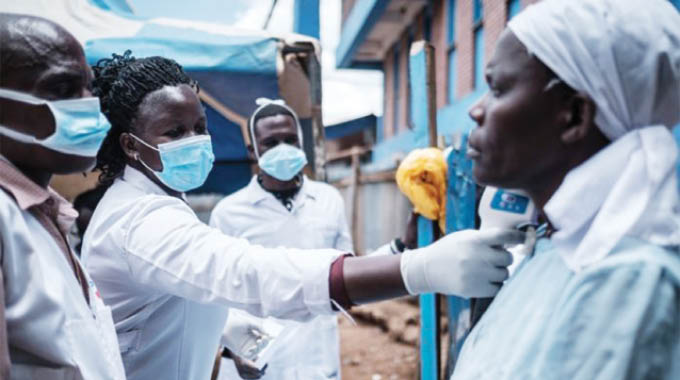Olivine secures US$8,25m AfDB loan

Martin Kadzere, Harare Bureau
OLIVINE Industries Ltd, a local unit of Wilmar International, has secured a US$8,25 million loan from the African Development Bank (AfDB) to build two plants in line with the company’s drive to expand its food portfolio with new products.
Wilmar, listed on the Singapore Stock Exchange owns a 65 percent controlling equity in Olivine through its local subsidiary, Surface Wilmar Investments, which also owns 95 percent of the cooking oil producer in Chitungwiza.
The AfDB said the loan will see the company building a new margarine plant and a new tomato sauce line.
“The board of directors of the African Development Bank Group has approved a US$8,25 million corporate loan to Olivine Industries Limited to support the company’s food production expansion plan in Zimbabwe,” the bank said in a statement.
“The bank’s loan, approved on Wednesday, will enable the company to construct new processing plants for margarine and tomato sauce and install upgraded machinery with advanced technologies. Olivine plans to increase its domestic and regional production capacity and food supply.”
AfDB director (agriculture finance and rural development) Atsuko Toda, said the bank remained committed to provide long-term financing to Zimbabwean market to support investments in the country’s agriculture value chain.
Mr Toda said Olivine presented a unique opportunity for AfDB to participate in rebuilding agricultural value chains in Zimbabwe, thereby creating jobs, improving food security and nutrition while reducing the country’s dependence on food imports.
Once the company’s production reaches an adequate level, this project could potentially support 200 to 300 local farmers through Olivine’s corporate farming model to be developed in the near future.
Surface chief executive Mr Sylvester Mangani declined to comment saying “we can only do that once we have received a confirmatory letter from the bank”.
However, in approving the loan, AfDB noted that the transaction provided a good opportunity for the bank to deepen effective private sector intervention in a transition state, while also promoting the “Feed Africa” agenda that forms part of the Bank’s High 5 strategic priorities.
In 2007, the Government took over HJ Heinz Co’s 49 percent stake in Olivine through The Cotton Company of Zimbabwe in a US$6,8 million deal
facilitated by the Industrial Development Corporation.
Then, relations between Olivine and Government had strained on allegations that the firm had stopped producing cooking oil after being barred by the US government from buying raw materials from black farmers who had taken over land previously owned by white farmers after a successful land reform programme.
Prior to the deal, the Government owned 49 percent in Olivine, in a partnership forged in 1982 and in terms of which the US food company had a contract to manage the business.
In 2013, AICO, Cottco parent company , then listed on the Zimbabwe Stock Exchange embarked on an unbundling exercise, which involved the disposal of Seed Co, another listed entity were it held 49 percent and Olivine, to raise money needed to pay off huge debts.
Olivine was a loss making enterprise at a time it was taken over by Wilmar International.
Since then — there has been a lot of redevelopment of business model, started with re-fabrication of its margarine plant and installation of a new toiletry and laundry bar lines.
This resulted in the re-introduction of famous brands such as Perfection and Jade.








Comments